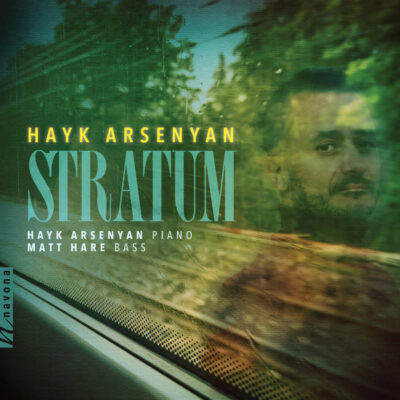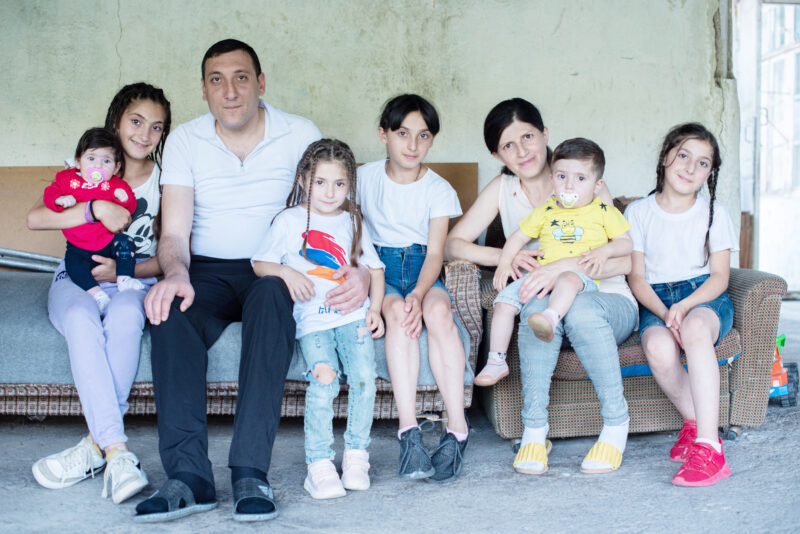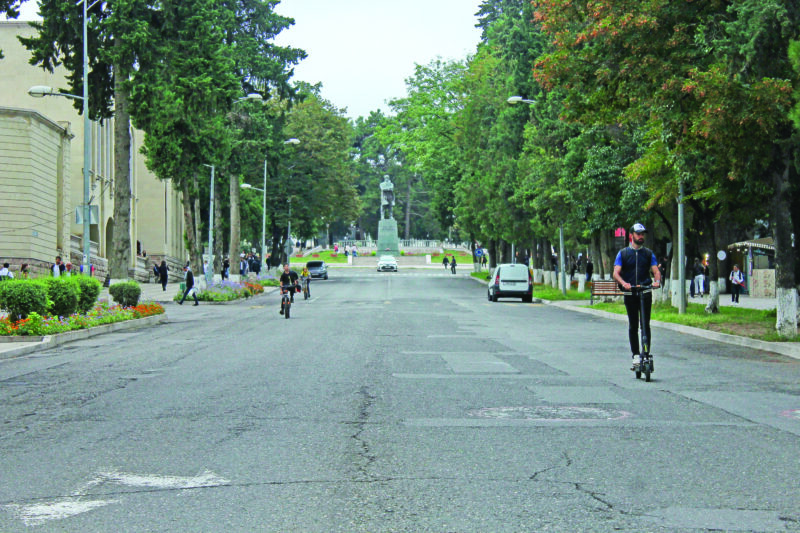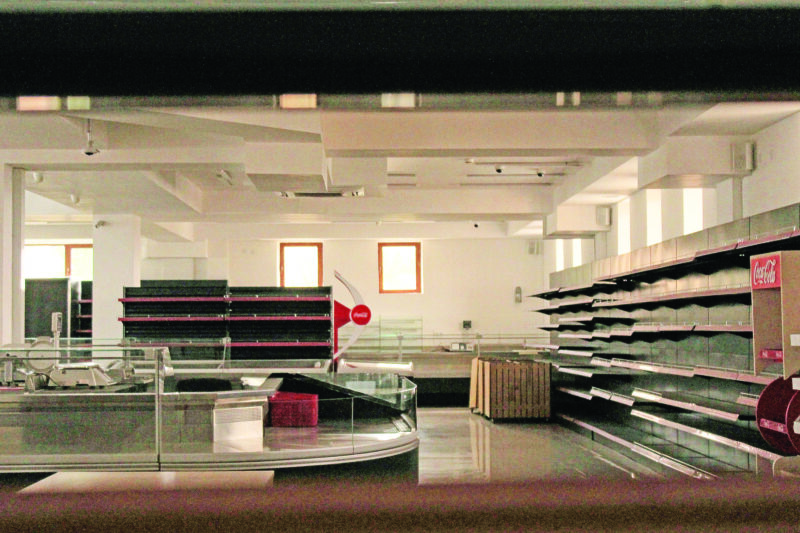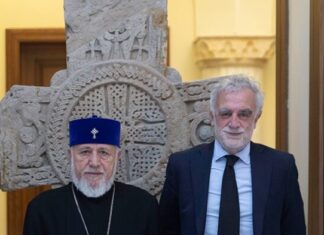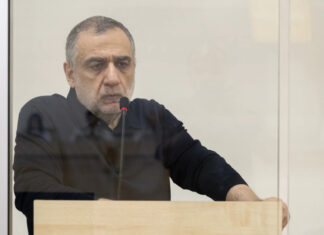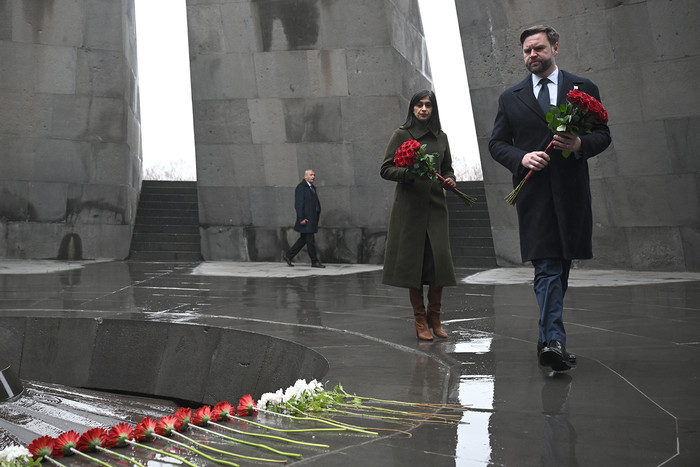By Gaiane Yenokian
Special to the Mirror-Spectator
GORIS, Armenia — Since morning, Zhora Baghdasaryan has been trying to call his brother, by phone or messenger. Every time he tries, there is no signal.
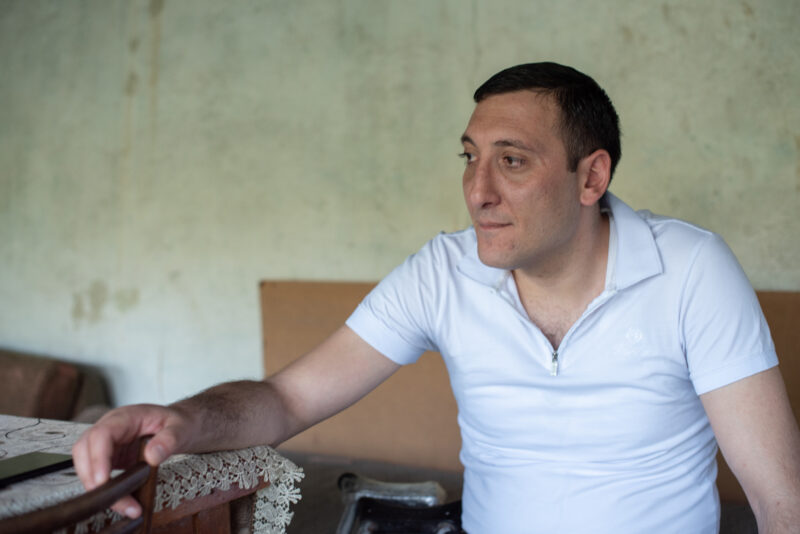
This is a common scene over the past nine months after the two brothers were separated because of the blockade imposed by Azerbaijan on Artsakh (Nagorno-Karabakh).
Zhora’s brother, Sarvan, lives inside the blockaded area in Stepanakert, Artsakh’s capital, while Zhora and his family are outside, in Goris, Armenia. The distance between the two brothers is almost a two-hour drive. However, it is impossible to cross the border in either direction.
“As they have electricity only several hours during the day in Artsakh, it is hard to reach them via internet connection. Even when you manage to contact them, the conversation is constantly interrupted because of the weak signal. Telephone connections also do not work well, so the phone number is mostly unavailable,” said Zhora.
